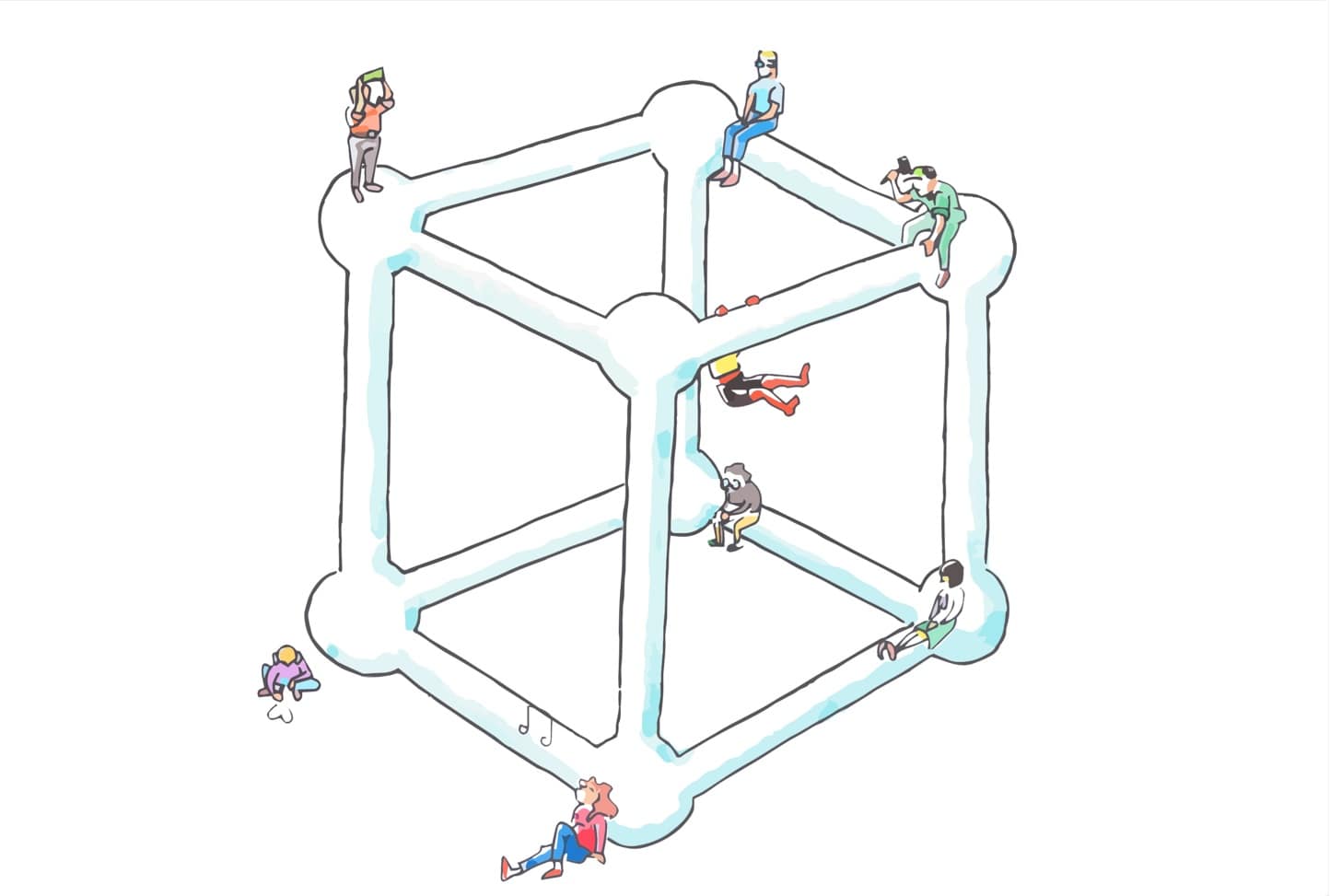
On the Psychology of Stupid Questions
Recently I gave a talk at an interdisciplinary conference that was mainly organized by legal scholars. They had invited me to present current developments in the field of neuroscience-based lie detection in the context of criminal investigations. Most of the conference attendants were law professors or criminologists, but several police officers, state attorneys, and judges were present as well.
Psychological Lie Detection
The take-home message of my presentation was that in spite of new developments in the research field, particularly those involving neuroimaging, attempts to apply this technology in real cases should not yet be made. We simply do not know well enough how to interpret such brain signals.
However, I also emphasized that psychologists have been developing and refining similar techniques since decades. Under certain preconditions, such so-called concealed information or guilty knowledge tests, involving different kinds of behavioral and physiological measures, may inform police work. Indeed, they are regularly applied for this purpose in Israel or Japan, although they are no lie detection in the strict sense.
And suddenly I felt surrounded by legal experts
So far so good. It was a rather routine talk, it actually happened to be my 100th invited presentation, and as far as I could tell it went well. Nevertheless, something quite unexpected happened a bit later at the lunch table. I managed to sit down besides a judge of Germany’s highest court, the Bundesgerichtshof based in Karlsruhe. I had noticed him earlier during one of the discussions, where he had followed up on one of my comments. I was interested in learning more about his opinions.

The Bundesgerichtshof (Federal Court of Justice) is based in Karlsruhe in the former Archduke’s Palace. Its decisions can only be reversed by the Federal Constitutional Court in rare cases where the constitutionality of a decision is questioned.
After I had asked my question, to which the judge had responded rather concisely, I suddenly realized that I was the only one at the table without any legal training: I sat with the judge, a leading state attorney, and two law professors. They soon continued in their own expert language, informing each other about which Festschrift they had been invited to write a comment in. This is an honor for German legal scholars, who hardly publish in international peer-reviewed journals as is common in psychology.
I did not understand a word of their expert talk
However, not only did I not know the names of the people they talked about, and in such words that they appeared to be well-known celebrities, but also I had never heard of the topics they were making frequent references to. They sounded like cryptic codes to me. One of them may have said something like, “I think I am going to write on 806”, most probably talking about some paragraph in some law. As the others complimented him on this decision, the topic was clearly obvious to them.
So I sat there and wondered whether I had to remain silent and puzzled for the remaining fifteen to twenty minutes of the lunch break or whether I could come up with a question that was not too stupid for these highly esteemed people. Reminding myself that this was an interdisciplinary conference, I chose for the latter possibility. Others might want to say that I simply cannot keep my mouth shut for a long time.
Case Study: Let’s ask a stupid question and see what happens
I remembered that in Berlin, where I had been right before the conference, I had had the idea of visiting a number of important institutions of the German constitutional state. And then, sitting directly besides the judge of the highest court, which I never thought would happen in my life, I realized that this court was such an institution. So I cleared my throat and asked the judge the question: “Does the court allow visitors to learn how the Bundesgerichtshof functions internally?”
There was a brief silence at the lunch table. Maybe it was just my imagination, but one of the law professors seemed to need a second to switch back to normal language mode before understanding what I had just asked. The judge looked at me and replied that the Bundesgerichthof does not offer any services to individuals interested in visiting. It does not even accept any legal trainees, possibly because the procedures happening there are considered way too serious for people who aren’t experienced insiders. After this, I expected that the others would return to their expert talk immediately and I consoled myself with the thought that I had given it a try.
The big surprise happened a moment later
However, the really interesting part was still to happen. Suddenly, one of the law professors said he regularly organizes group visits to the Bundesgerichtshof for his students. Because they depart from a city several hundred kilometers away, they must plan these excursions way in advance. Unfortunately, the professor complained, information on when trials take place is difficult to obtain early. To this the judge replied that the professor should simply send him an email next time, as he knows exactly when his own forthcoming trials are scheduled.
The discussion then took a new turn and the legal scholars were talking about the facilities of the court, exchanging some anecdotes on cases that had been decided, and praising the court’s library for being open to people wishing to study there.
They had continued talking in normal language
When I reflected on the discussion later that day in the train, traveling back to Berlin, I realized that something special and unexpected had happened: Not only had the experts themselves learned something new and gotten some practical information that would make planning future excursions to the court easier. In discussing the issue they had also helped me to understand a bit of what I wanted to learn in the first place. Namely, how the highest German court functions internally.
Maybe my question was not stupid at all.
Further Reading
A review by an experienced psychologist on the Concealed Information Test (open access):
Ben-Shakhar, G. (2012). Current research and potential applications of the Concealed Information Test: An overview. Frontiers in Psychology, 3. doi: 10.3389/fpsyg.2012.00342
An article written by the author on the prospects of “neurolaw” and the free will problem (RUG users can use this link):
Schleim, S. (2012). Brains in context in the neurolaw debate: The examples of free will and “dangerous” brains. Int J Law Psychiatry, 35(2), 104-111. doi: 10.1016/j.ijlp.2012.01.001
Credit
The featured image is published by ComQuat under the Creative Commons Attribution-Share Alike 3.0 Unported license.



